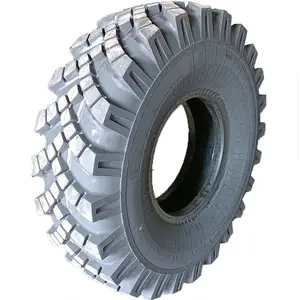Popular in your industry






































Top categories
About bias tire 15 24
Understanding Bias Tire 15 24
The bias tire 15 24 category encompasses a specific type of heavy-duty tire designed for trucks. These tires are characterized by their diagonal construction, where the fabric plies are laid at a bias to the tread centerline, offering a sturdy build for heavy loads. The construction method of bias tires provides a comfortable ride due to the tire's ability to absorb impact.
Types and Applications
There are various types of bias tires catering to different applications. The bias tire 15 24 is often used in commercial vehicles, including construction trucks and agricultural machinery, due to its resistance to sidewall punctures and longevity in off-road conditions. Its robust design is suitable for vehicles that operate under challenging terrains and require a high degree of durability.
Features and Materials
The bias tire 15 24 is constructed with multiple rubber layers and reinforced with materials like nylon or polyester, which contribute to the tire's strength and flexibility. This design allows the tire to maintain a consistent footprint on the road, providing stability and traction. The materials used are selected for their resistance to wear and their ability to withstand various weather conditions.
Advantages of Bias Tires
One of the main advantages of bias tires is their cost-effectiveness in comparison to radial tires. They offer a considerable advantage in off-road, low-speed applications due to their cushioning effect. The construction of a bias tire 15 24 allows for a greater sidewall flex, which can be beneficial when traversing uneven surfaces, as it helps to absorb shocks and impacts.
Selection Considerations
When selecting a bias tire 15 24, it is crucial to consider the tire size and speed rating, which are indicative of the tire's compatibility with the vehicle and its performance capabilities. Buyers should assess the intended use of their vehicles to determine the most appropriate tire specifications, such as load capacity and tread pattern, which are critical for safety and efficiency.
Maintenance and Care
Proper maintenance of bias tires can extend their service life. Regular inspections for signs of wear, correct inflation pressure, and timely rotation are essential practices. It is also advisable to be aware of the storage conditions for bias tire 15 24, as extreme temperatures and exposure to certain chemicals can degrade the materials over time.





























